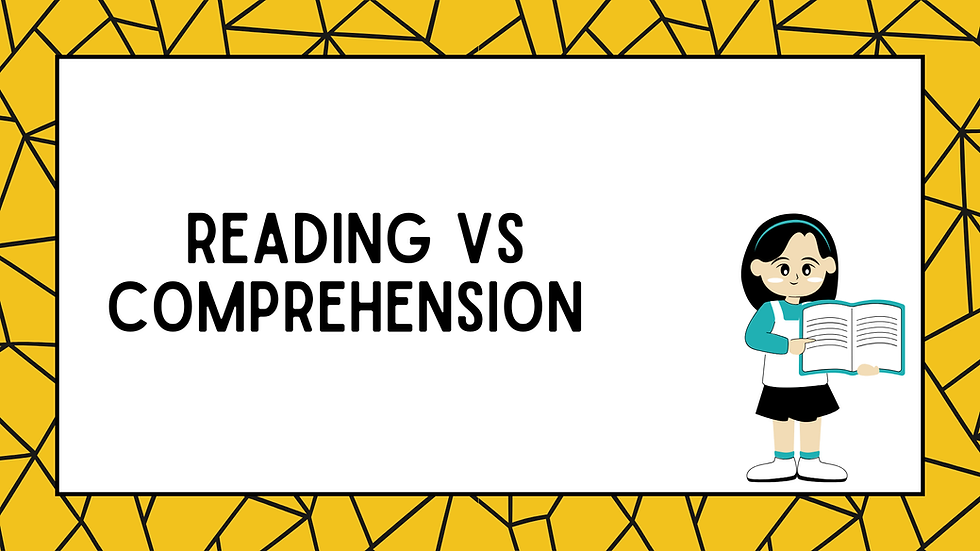Helping your child with their homework
- Ed Grande Tuition
- May 18, 2023
- 3 min read
Updated: Jun 8, 2023
Homeworks and assignments are a crucial part of your child's learning journey. It reinforces what they’ve learned in school, helps develop independent learning skills, and contributes to their academic progress and performance.
Many times, children may find their homework daunting and challenging. As a parent, one of the many responsibilities you have is helping your child with their homework. By helping your child, it helps them develop self-confidence and motivation. Learning also becomes more meaningful and less daunting.
Today, we would like to give you some tips on how you can help your child with their homework regularly.
Check they have homework to do
The first thing you need to do is to check if your child has an assignment. This can be done during the afternoon school runs for children in primary school.
For those in secondary school, sixth form, or college, a weekly check-in with your child can help them stay organised and ahead of their homework or coursework.
Provide necessary materials to aid their homework
Make sure your child has all the necessary materials and stationaries to complete their homework before they start completing it. For example, provide a working pad for maths homework, where your child can work out and solve maths problems.
Other necessary materials include textbooks, notebooks, pencils, erasers, and other materials they might need for each homework. You could also help them keep these materials organized and easily accessible.
Break up their homework
If you notice your child keeps struggling with a particularly difficult subject, you can help them break it up into smaller and more manageable tasks. Ask your child to complete the part of the homework they can and revisit the difficult parts later. If your child still finds it challenging, speak to your child’s teacher or tutor, so that your child can receive support.
Most children also don’t enjoy completing a lengthy homework in one sitting. You can allow your child to complete their homework in chunks of time. For example, your child can spend 25 minutes on their Maths homework, then take a 5-minute break, and after that, spend another 25 minutes on their English homework. This would help them feel less overwhelmed and make it easier for them to complete.
Make sure their homework is done properly
Take time to always go through their assignments to ensure they have completed it properly.

For children in primary school
When checking their English homework, you could check;
there are no spelling mistakes
sentences, stories, and writings are free from grammar errors
Punctuations are used correctly
Answers are written in full sentences.
Handwriting is neat, clear, and easily readable.
All sentences, and writings like stories, are clear and make sense. You can also do this by asking your child to read aloud their answers or write-ups.
When checking their Maths homework, you could check:
ensure your child shows their working and understands the process.
check for accuracy of their calculations and show them how to correct their errors if any.
For children in secondary school
As children progress through secondary school, they become more independent with their learning. They are more likely to engage in subjects they enjoy and put less effort in subjects they do not enjoy. As such, it is important to keep abreast of their interests, assignment and coursework. You can do this by periodically checking their school planners, and viewing their coursework.
Lastly, you should celebrate your child's success whenever they complete their assignment on time, receive good feedback, and implement constructive feedback. This will help them stay motivated and encouraged to continue working hard.
Helping your child with their homework is an important responsibility as a parent and as such, we are always here to assist you when the need arises.
We are dedicated to supporting you help your child at home, and we are committed to helping your child build positive learning habits. Find out how we can support you and your child today.




